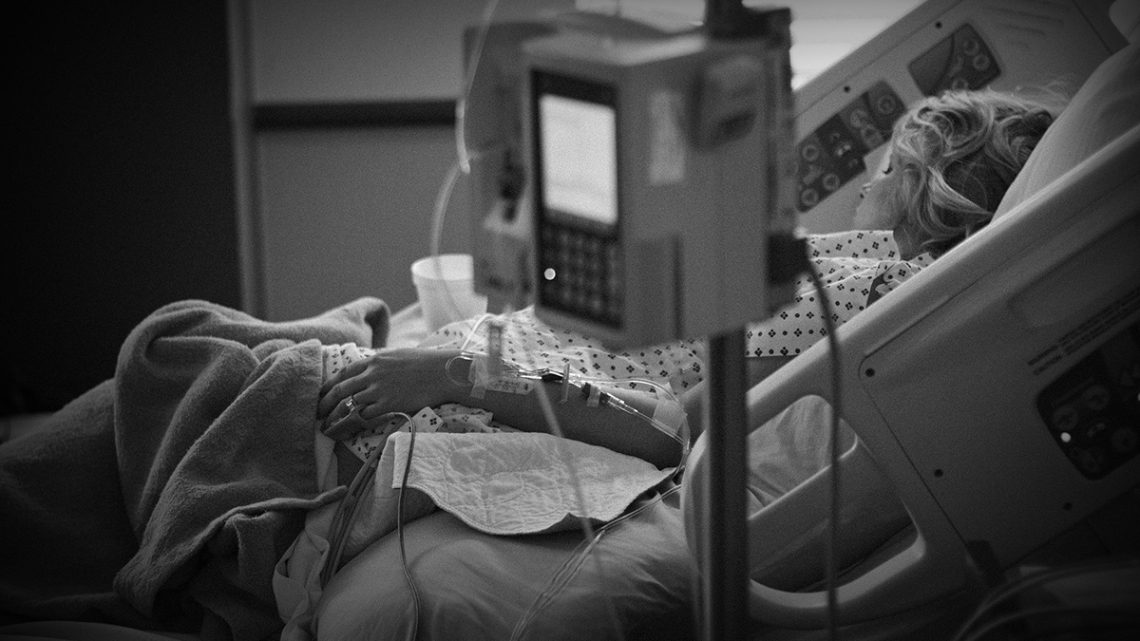The Holy See’s Congregation for the Doctrine of the Faith has issued a new letter, Samaritanus bonus, The Good Samaritan, on the care for persons in the critical and terminal phases of life.
The letter recognises that there is currently a need for “a moral and practical clarification” regarding the care of those who are nearing the end of life.
The letter states that it has two aims, to:
Reaffirm the message of the Gospel and its expression in the basic doctrinal statements of the Magisterium, and thus to recall the mission of all who come into contact with the sick at critical and terminal stages (relatives or legal guardians, hospital chaplains, extraordinary ministers of the Eucharist and pastoral workers, hospital volunteers and healthcare personnel), as well as the sick themselves.
And:
Provide precise and concrete pastoral guidelines to deal with these complex situations at the local level and to handle them in a way that fosters the patient’s personal encounter with the merciful love of God.
Bishop John Sherrington, Lead Bishop for Life Issues, said:
“I welcome the release of The Good Samaritan at a time when the fragility of human life has never been clearer to our society and the world. The letter presents us with the Church’s consistent and unequivocally clear teaching against assisted suicide and euthanasia. Its emphasis on the need always to prioritise care for life reminds of our nature as relational beings with innate and inalienable dignity.
“Care for persons at the end of life inevitably involves complex and difficult ethical questions and decisions. Samaritanus bonus makes detailed and helpful clarifications regarding moral concerns, including basic care and the requirements for nutrition and hydration, analgesic therapy, accompaniment and care of critically and terminally ill children, and the limits to aggressive medical treatments which would deprive death of its due dignity.”
Bishop Paul Mason, Lead Bishop for Healthcare and Mental Health, said:
“There is an essential focus in Samaritanus bonus on the centrality of human accompaniment in the care of critically and terminally ill people. This demonstrates the importance of ensuring that healthcare workers and families are adequately prepared to care of people nearing the end of life.
“Importantly, the letter also stresses the need to ensure appropriate conscientious objection provisions are in place for healthcare workers where governments have already legislated to allow euthanasia.”
Download
You can download Samaitanus bonus here:
Source: CBCEW

